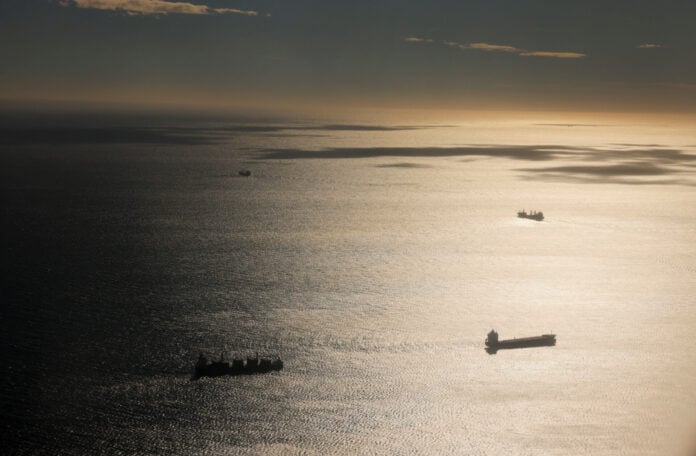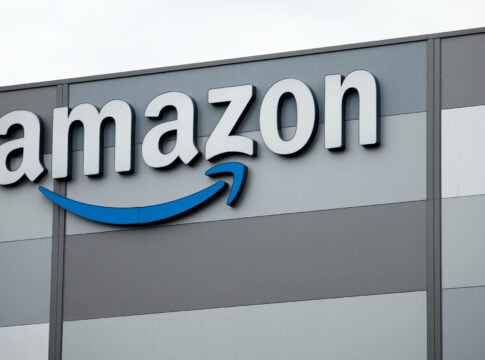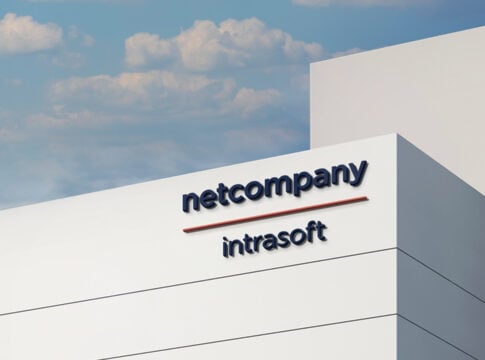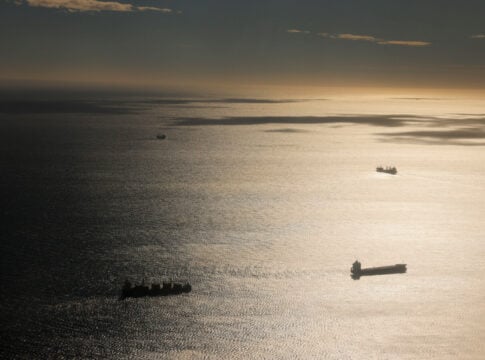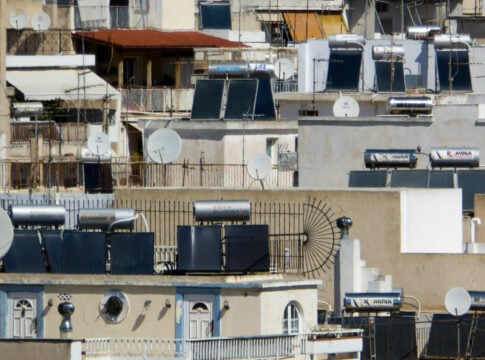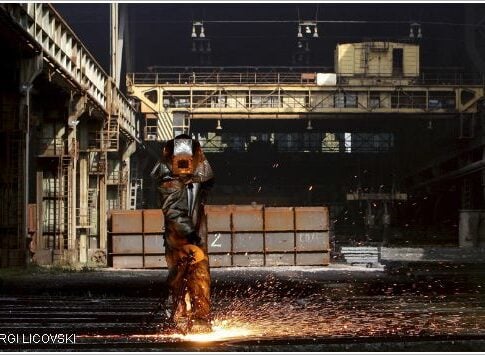Shipping is facing significant challenges, also affecting the Greek shipbuilding industry, which for many decades has been at the top both in terms of the number of ships and total tonnage and in the number of orders for new ships in shipyards around the world.
The unstable geopolitical environment is expected to continue in 2025, with regional conflicts and rapid growth of the “shadow” fleet, while US President-elect Donald Trump promised to make sweeping changes after taking office on January 20. The new regulatory framework for the decarbonization of the sector is causing new problems in the industry while artificial intelligence is playing an increasingly active role, causing both awe and concern.
The danger signals from the Black and Red Seas do not seem to stop anytime soon, so in the new year, strong turbulence is expected to determine the course – mainly – of container ships, but also the rest of the shipping sectors, perhaps to a lesser extent. It is recalled that due to the attacks by the Houthi rebels, companies are diverting their ships around the Cape of Good Hope, increasing the delivery times of goods, but also their profits due to the strong freight market.
“Shadow” fleet
According to data, the “shadow” fleet continues to grow by 10 tankers per month and its total number amounts to a total of 850 ships, which represent 9.1% of the world tanker fleet.
Regarding the “Trump 2.0” era, based on what the newly elected US president has said during his election campaign, but also based on what had happened during his previous term, any interventions of imposing tariffs on China and Europe will result in a reduction in the available cargo for sea transport. The elected president had announced tariffs of 10%-20% on most foreign products and over 60% on products from China.
If this does happen, “N” predicts that over 3 trillion dollars worth of American imports will be affected, triggering trade retaliation and broader trade wars.
At the same time, the new environmental regulations that are gradually being implemented will result in significant burdens on the operating costs of ships, with the burden being passed on to the end consumer.
From 1 May 2025, the Mediterranean will be designated an “ECA Emission Control Area,” meaning that many ships that do not have exhaust gas cleaning systems (scrubbers) or alternative fuel will have to use more expensive low-sulfur fuel with a sulphur content of up to 0.1%, up from 0.5% today.
The FuelEU regulation will also come into force from 2025, under which ships will have to reduce emissions by up to 2% in 2025, up to 6% in 2030 and reach a reduction of 80%-100% by 2050. Finally, in the past two years, the planet has witnessed a real revolution in the field of artificial intelligence (AI), with the development of technologies that have now become tools for use by millions of people. The shipping industry could not be left out and dozens of projects have already been announced, which are expected to transform the sector by 2025, from real-time cargo monitoring to autonomous navigation.


